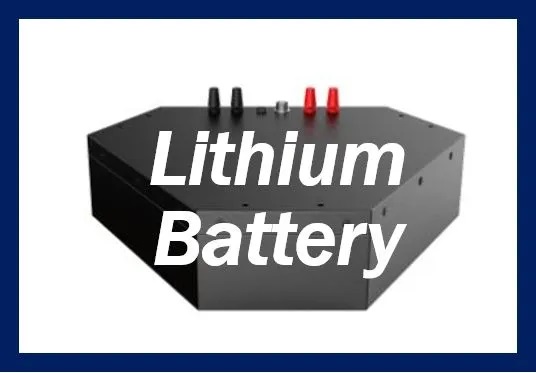Lithium batteries, which include various chemistries such as lithium-ion (Li-ion) and lithium iron phosphate (LiFePO4), have become popular for a wide range of applications, including portable electronics, electric vehicles, and solar power systems.
- High Energy Density:
- Lithium batteries have a high energy density, meaning they can store a large amount of energy in a relatively small and lightweight package. This makes them suitable for applications where space and weight are critical factors.
- Long Cycle Life:
- Lithium batteries typically have a long cycle life, which is the number of charge and discharge cycles they can undergo before their capacity significantly degrades. This makes them suitable for applications where long-term reliability is essential.
- Low Self-Discharge Rate:
- Lithium batteries have a low self-discharge rate, meaning they lose their charge more slowly when not in use compared to some other battery chemistries. This makes them well-suited for devices and systems that may be idle for periods between use.
- Fast Charging:
- Lithium batteries can be charged at a faster rate compared to many other types of batteries. Rapid charging capability is advantageous for applications where quick replenishment of energy is necessary.
- Voltage Stability:
- Lithium batteries provide relatively stable and high voltage throughout most of their discharge cycle. This allows for consistent power output, which is beneficial for electronic devices and electric vehicles.
- Wide Operating Temperature Range:
- While the specific operating temperature range can vary depending on the lithium battery chemistry, many lithium batteries can operate in a wide range of temperatures. Some variations, such as LiFePO4, are known for their better thermal stability.
- Low Maintenance:
- Lithium batteries are generally maintenance-free. Unlike lead-acid batteries, they do not require regular maintenance tasks such as checking water levels.
- Compact and Lightweight:
- Lithium batteries have a compact and lightweight design, making them ideal for applications where space and weight constraints are important considerations.
- Variety of Chemistries:
- Different lithium battery chemistries offer variations in performance characteristics to meet specific application requirements. Common lithium battery chemistries include lithium-ion (Li-ion), lithium iron phosphate (LiFePO4), lithium polymer (LiPo), and others.
- Safety Features:
- Modern lithium batteries are equipped with safety features, including built-in protection circuits that help prevent overcharging, over-discharging, and short circuits. This enhances the overall safety of the battery.
- Versatility:
- Lithium batteries are versatile and can be used in a wide range of applications, from small consumer electronics to large-scale energy storage systems.
While lithium batteries offer many advantages, it’s essential to note that they are sensitive to overcharging and over-discharging, and improper handling can lead to safety issues such as thermal runaway.


